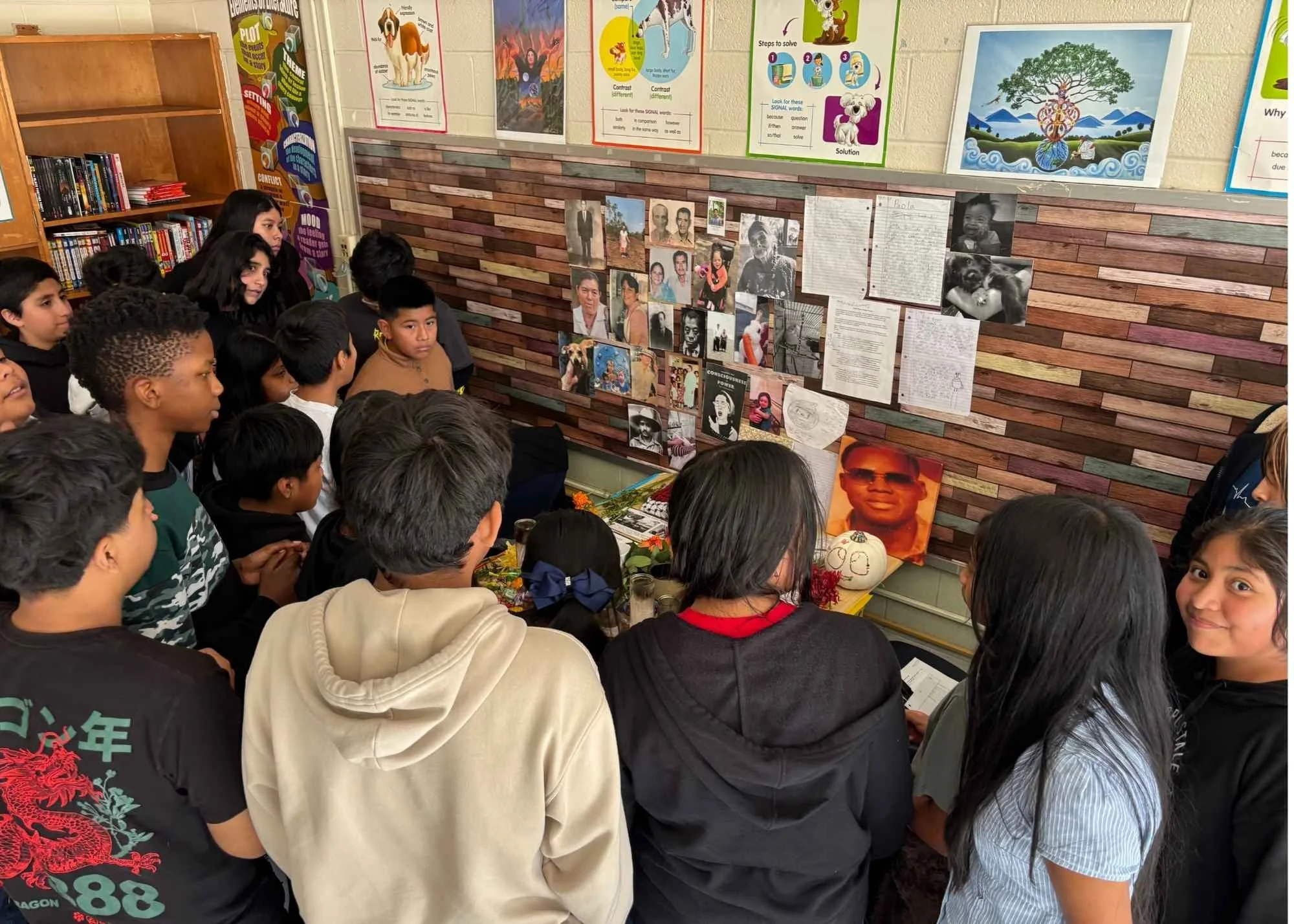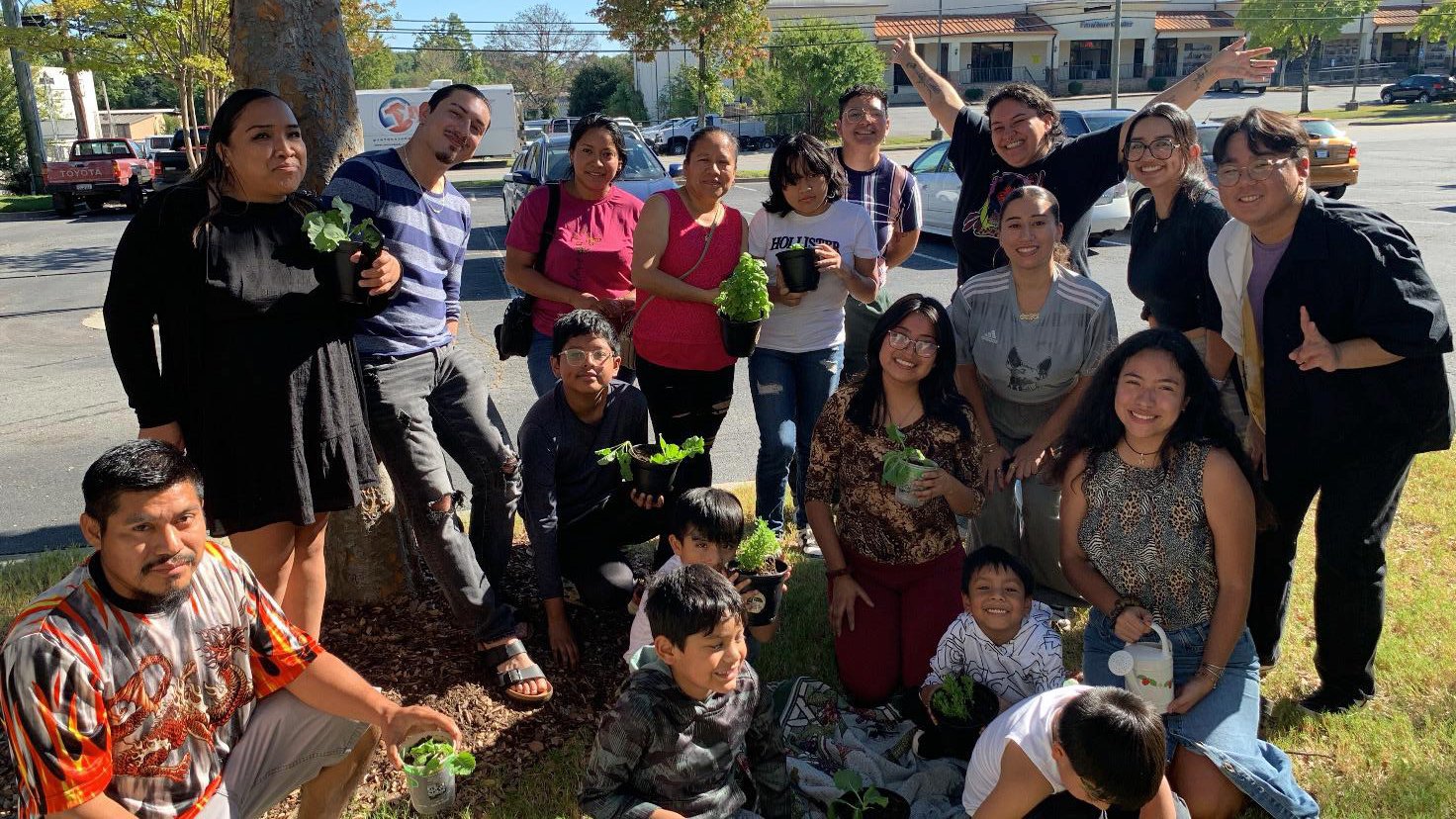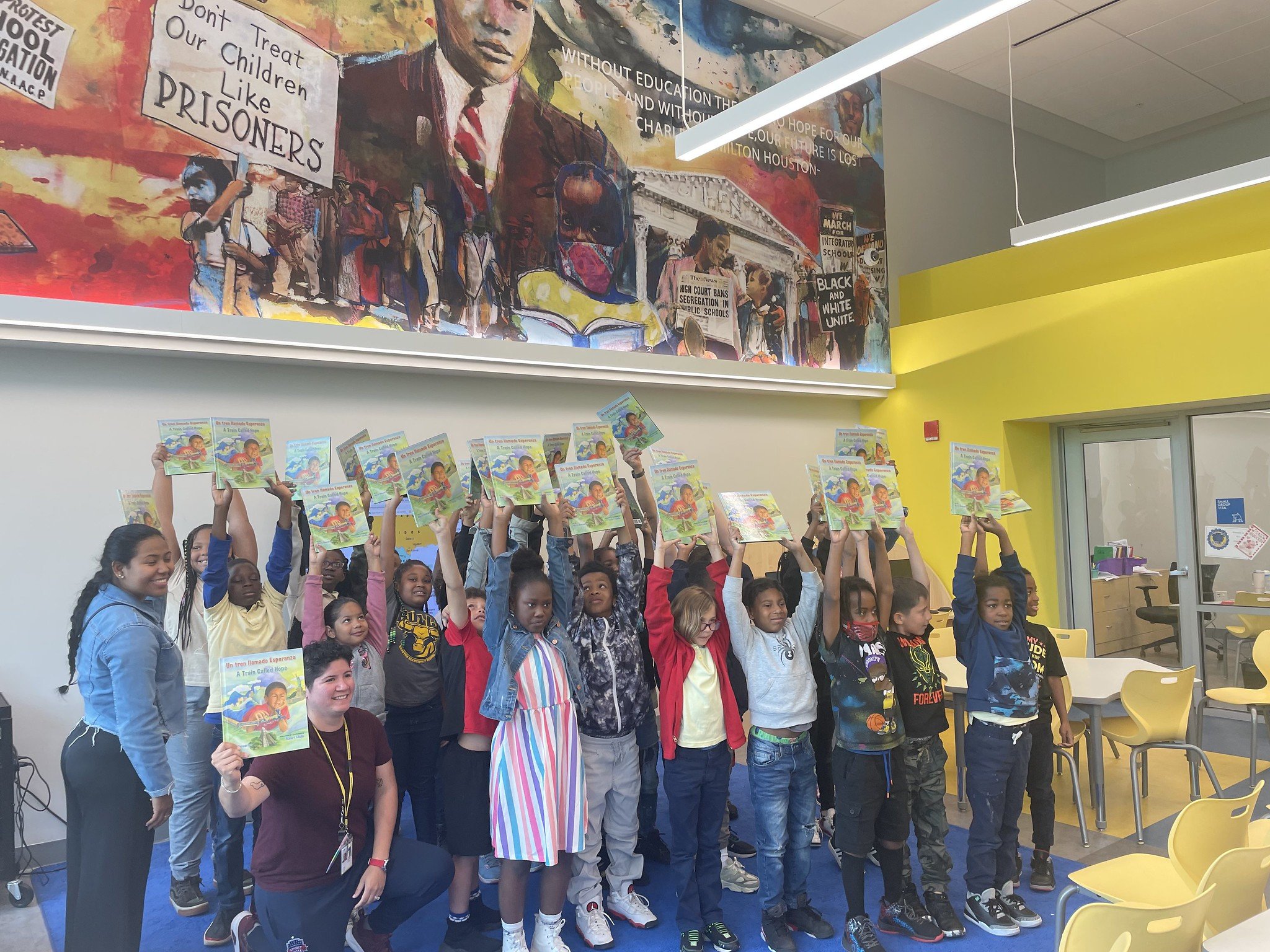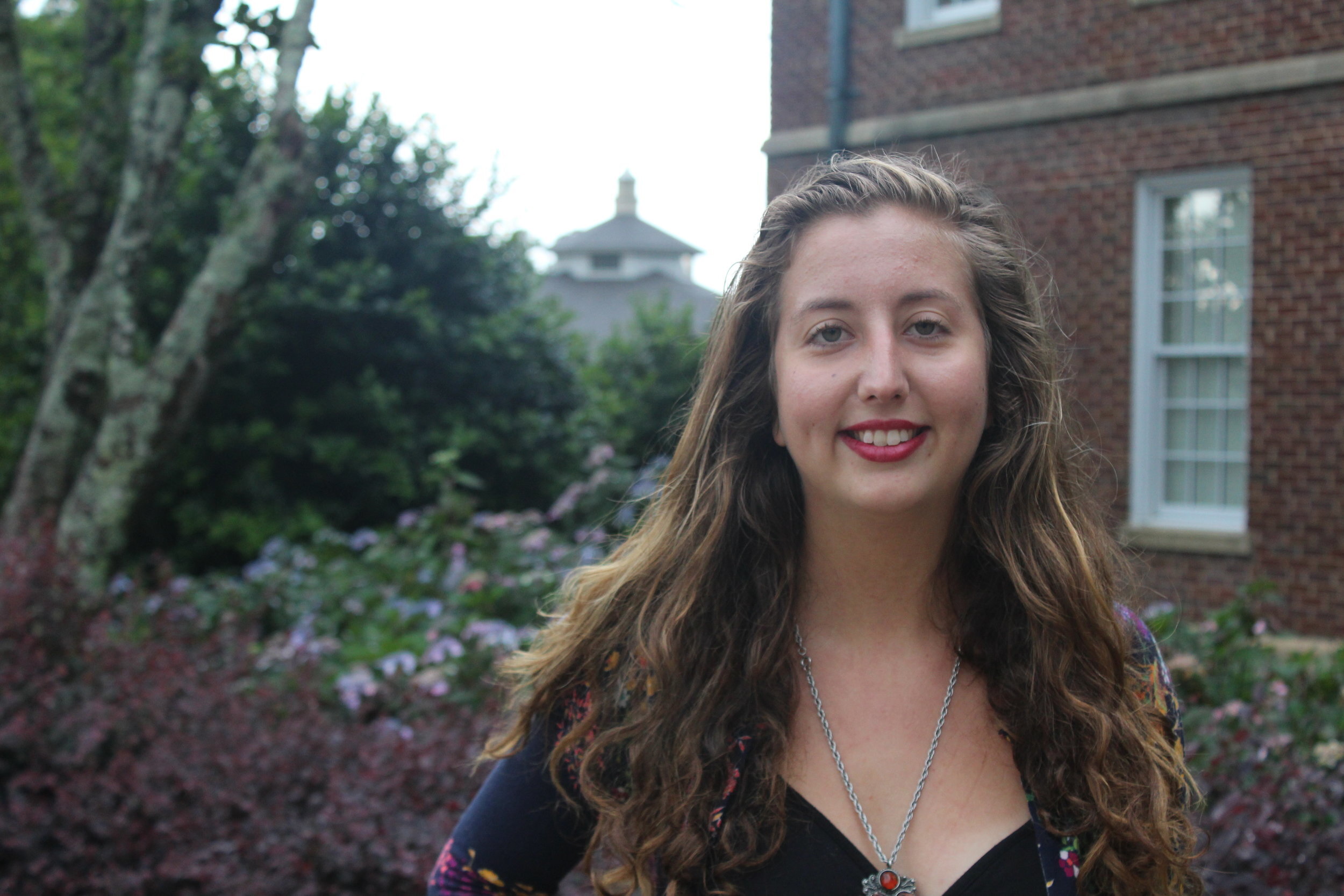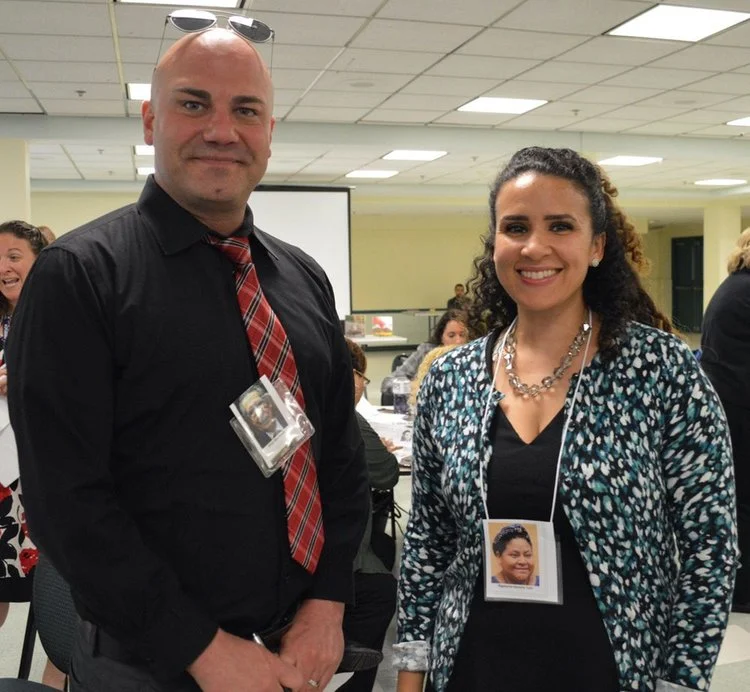Teaching Stories
Many of these stories were collected during Teach Central America Week.
2022–2025 Teach Central America Weeks
Teaching for Change hosts annual Teach Central America Week annually in early October. Educators around the country participate. Read about their lessons, teaching stories, and events.
Vos* del Sur: Central American Studies from the Global/U.S. South
This independent political education class running during the 2024-2025 school year analyzed the links between Central America and the U.S. South.
Teaching Central America at an Atlanta Middle School
In this language arts class, a unit on story elements is paired with Indigenous history and culture through the Maya K’iché creation story. Read more.
2025 Central America Celebration of Learning at Bruce Monroe @ Parkview Elementary
For the past six years, the staff and students at Bruce Monroe @ Park View Elementary School in Washington, D.C. have dedicated six weeks in the early fall to a schoolwide, dedicated focus on Central America. Their study culminates in a community showcase. Coinciding with the school’s first quarter theme of identity, the unit of study allows students to learn about and honor their own family history and of their peers.
Teaching Indigenous Heritage in a 6th Grade Classroom
In a 6th grade classroom in the Atlanta, Georgia metro area, students explore Indigenous history and their own heritage through narrative writing, poetry, and more.
Escuelitas on Buford Highway
An Atlanta educational program called Escuelitas on Buford Highway participated in Teach Central America Week with adults and children. Older students learned about geography and important Central American figures through Teaching Central America lessons, while elementary students learned about Guatemala through a children’s book.
Central America Day at Bruce Monroe @ Park View
Bruce Monroe @ Park View Elementary School held its 5th annual Teaching Central America Celebration. Teaching for Change staff and volunteers were invited to attend the day-long celebration of learning.
“Centering Central America is uniquely important to our school as more than 50% of our Spanish-speaking families have ties to this region,” they wrote in their invitation. “For all of our students, transdisciplinary projects like Teaching Central America provide meaningful opportunities for authentic culturally responsive teaching and equity-driven instruction.”
Teaching Central America Goes to University of Arkansas
The Central American Student Alliance (CASA) at the University of Arkansas in Fayetteville, Arkansas hosted Teaching Central America program specialist Jonathan Peraza Campos to lead a workshop about Central American history and Central American studies education. Peraza Campos addressed the need for Central Americans to recover their historical memory as Central Americans and to build infrastructure for truthful and critical histories and stories in K-16 education. He facilitated activities from TeachingCentralAmerica.org’s Geography is History and Introduction to Central America lessons.
Mario Bencastro Visits Houston Elementary
By Marcy Campos
On May 3, 2024, Salvadoran author Mario Bencastro visited Houston Elementary School (DCPS) to share his 2021 bilingual book, Un tren llamado Esperanza/A Train Called Hope, illustrated by Robert Casilla. The visit was a collaboration between the Houston ES’s bilingual program director, Oyster-Adams’s Bilingual School librarian, and Teaching for Change.
Central American Students Inspired to Share Family Stories
I have taught Central America: An Introductory Lesson in both my ESL level 1 + 2 class, as well as my Spanish as a Heritage Language class at Julius West MS (MCPS). In the ESL class, we spent several days on the activity, beginning with a lesson on maps so that students could locate the countries that they would see mentioned in the profiles. The majority of my students moved to the United States from Central American countries, but they were not able to locate the countries they came from on a map.
Tight-knit Learning: Teach Central America — and more! Carnaval at Bruce Monroe @ Parkview
We were invited back to the strong-knit community at Bruce-Monroe at Parkview for their annual teach-in-style celebration of Central American history and culture.
Check It Out — Literally!: Sacred Heart Students Publish Their Stories
This story’s title gave it away, but Sacred Heart students, and the wider community, are beaming with pride because their book, Historias y Dibujos: Students of Sacred Heart School, Washington, D.C., 2022, is now available to purchase online, and eight copies are a part of D.C. Public Library’s permanent collection!
Indigenous Central America Educator Workshop Highlights and Resources
On November 9, 2022, Teaching Central America hosted an educator workshop focused on Indigenous Central America to provide teachers with strategies and resources for introducing the Indigenous history of Central America in their classroom.
Beyond War, Migration and Violence: Workshop on Central American Literature and Art
On March 19, 2022, Columbia University’s K-12 Outreach Program in the Institute of Latin American Studies held the second of three seminars on the topic Beyond War, Migration & Violence: Celebrating Central America’s Knowledge and Cultural Production. The workshop was facilitated by Jonathan Peraza Campos, educator and organizer and Migration Contributor with Central American News and focused on the cultural production by Central Americans through a literary and arts lens.
2021 Teach Central America Week
Teaching for Change hosted the third annual Teach Central America Week from October 4-10, 2021. Hundreds of educators from 38 U.S. states, D.C., and five other countries (Belize, Bermuda, Canada, Colombia, and Honduras) signed up to participate and organizations across the country endorsed the week.
Everyone Should Learn About Ernesto Cardenal Says a D.C. Middle School Class
“How many Central Americans can you name?” Caneisha Mills, 8th- grade teacher at Hardy Middle School in Washington, D.C. asked her advisory. During Teach Central America Week, Mills used the remote learning Introduction to Central America lesson template to explore the lives and experiences of Central American figures with students. When Mills asked the question to gain an understanding of what figures students could name, the virtual classroom grew quiet. Students admitted they didn’t know any influential figures. This despite D.C. being one of the top five cities with Central American immigrants.
Living History: Seventh Graders Explore Mayan Clothing
Have you ever considered what you communicate through your clothing and apparel? Ana Maria Restrepo, a Language teacher at Belmont Day School located in Massachusetts, explored this question in the context of Guatemala with her 7th grade students during Teach Central America Week. Restrepo created a unit focused on Guatemalan fashion, specifically traditional Mayan clothing, to explore what Indigenous attire communicates about Mayan culture and traditions.
2020 Teach Central America Week
Teaching for Change launched Teach Central America Week (October 5-11) to encourage and support teaching about Central America during Latinx Heritage Month. Hundreds of teachers from 33 states and the District of Columbia signed up to participate in this first annual Teach Central America Week. Read about activities that took place during Teach Central Week.
Teaching About Central America in Mississippi
The community I grew up in is far different than my current Mississippi Delta home, but in a lot of ways I see many similarities. While teaching at a Title 1 school, I have found it incredibly useful to bring in many Teaching for Change recommended resources for Teaching Central America, I found the lessons for the online documentary “When We Were Young, There Was a War” especially invaluable.
Dunbar Students Learn about Central American Figures and Politics
To honor Teach Central America Week, Marlena James used the Central America 101 mixer in her classes on October 17th as an interactive activity for students to learn about significant figures in Central American history and current events.
2019 Teach Central America Week
Teaching for Change launched Teach Central America Week (October 7-13) to encourage and support teaching about Central America during Latinx Heritage Month. Hundreds of teachers from 33 states and the District of Columbia signed up to participate in this first annual Teach Central America Week. Read about activities that took place during Teach Central Week.
Families Read Rainbow Weaver at Langdon ES during Teach Central America Week
At Langdon Elementary School in Washington, D.C., parents read the book Rainbow Weaver to students and led them in a weaving project. The Central American students in the class were deeply appreciative of the opportunity to highlight their native language and cultural traditions, and it was a culturally enriching experience for the other students that deepened their connection to their Latinx classmates.
Expressing History Through Art: Mario Bencastro During Teach Central America Week
The Casa de la Cultura El Salvador brought Salvadoran author and artist Mario Bencastro to Washington, D.C. for a week of activities during Teach Central America Week 2019. At Sacred Heart Bilingual School, Bencastro talked about his life as an artist and writer, and students shared their own art and writing.
Central American Migration: Displacement, Transit, Borders, and Refuge
Isabel Gil-Everaert, a Sociology PhD student at the Graduate Center, CUNY, is launching a college course on Central American migration in fall of 2019 and has generously shared the syllabus. The course explores contemporary international migration from Central America, mainly from Guatemala, El Salvador, and Honduras.
Polk Elementary School Hosts Teacher Mini-Conference on Central America
As the buzzing energy of a new school year filled the gym at James K. Polk Elementary School, staff arrived for a full-day professional development on Central America. On August 27, 2019, staff engaged in descriptive and informative sessions that detailed the history of Central America to provide background context about many of the students and families they serve, as well as interactive workshops with hands-on activities and strategies to teach Central America through art and children’s literature.
Un Tren Llamado Esperanza: Mario Bencastro Visits Sacred Heart School with a Message About Hope
As middle school students entered the auditorium at Sacred Heart School on May 8, they beamed when they saw Salvadoran novelist and painter, Mario Bencastro, sitting in the front row. Students diligently prepared for this momentous occasion by studying Bencastro’s work, focusing on his poem, Un Tren Llamado Esperanza.
Prince George’s County Teachers Learn about Central American History
Teaching for Change has opened up a new world for me. As the ESOL Department Chair at Buck Lodge Middle School in PG County, I am always trying to find ways to advocate for my students who mostly come from Central America. The Introduction to Central America lesson has allowed me to show our teachers how they can make better connections with our students.
Alexandria Public School Administrators Learn about Central American History
More than 70 Alexandria City Public School (ACPS) administrators gathered at the Lee Community & Senior Center on April 24, 2018 for a workshop on culturally relevant curriculum facilitated by Teaching for Change staff Faye Colon and Deborah Menkart.
Alexandria City Public School Educators Learn about Central American History and Literature
For the past two years, the Alexandria City Public Schools (ACPS) has invited Teaching for Change to provide educators with a three-part professional development course on teaching about Central America. To our knowledge, Alexandria is the only public-school district in the nation providing educators with a course on Central American history and culture.
Teaching Central America Workshops in D.C.
The majority of Latino students in DC schools have Central American heritage. However, their history and literature is largely absent from the curriculum.Thanks to support from the DCPS Language Acquisition Office, Teaching for Change offered free workshops on Central America during Latinx/Hispanic Heritage Month. Faye Colon, coordinator of teacher engagement and professional development, visited classrooms at Ballou High School, Dunbar High School, and Roosevelt Senior High School to lead our popular role play lesson, Introduction to Central America.
My Third Graders Love Reading "Wilfredo"
After reading Wilfredo, I observed increased discourse and engagement from a wider range of students. Students whose families have immigrated from Central America were eager to make connections, share their higher order thinking skills, and be the experts in the classroom. Our discussion about Wilfredo allowed space for students to share about the pain of leaving loved ones behind.
Community Walks: Teachers Learn from Guatemalan Families
Teachers at Oakland International High School (OIHS) engage in community walks to learn about their Guatemalan immigrant students and families. To prepare, teachers read an excerpt from Rigoberta Menchú’s book and hear from students about the different regions of Guatemala. On their walk they visit a Mam-language church, talk with day laborers about their work, and eat at a local restaurant. This professional development field trip can be used by schools everywhere to learn about neighborhood history, culture, and activism.
D.C. Teachers Explore Students’ Central American Culture and History
In July of 2013, Claire Sontag and Fabiana Duarte, two Washington, D.C. based dual-language teachers, traveled through Nicaragua, El Salvador, and Guatemala to learn about the history and culture of their students and their families. During their time in each country, they met with local officials, visited public schools, and explored the cultural diversity of each country through museums, religious ceremonies, and by spending time with community members.



